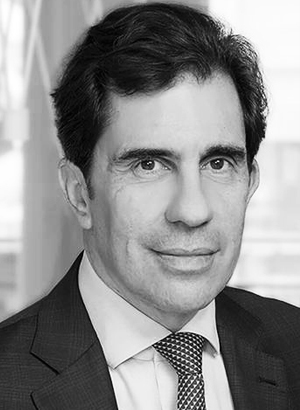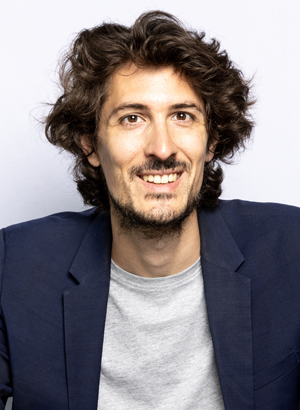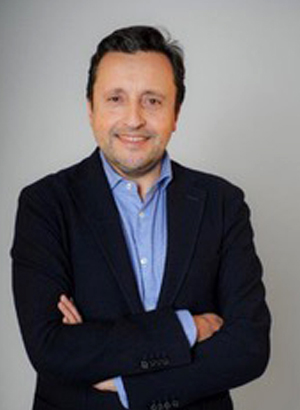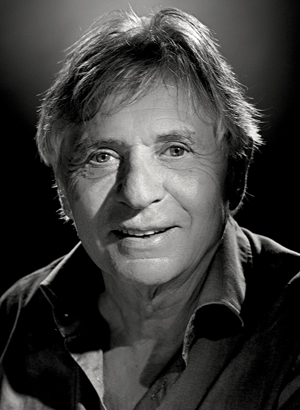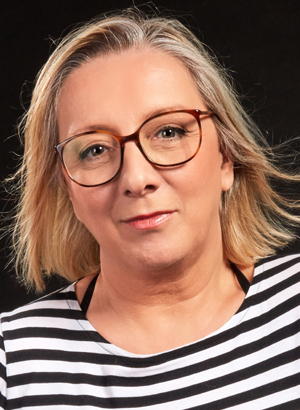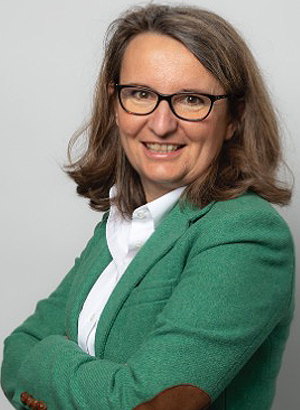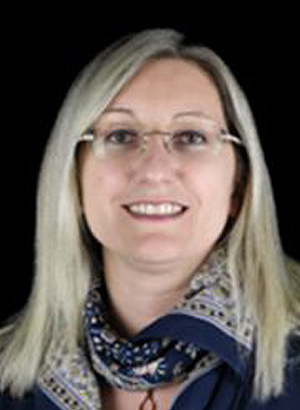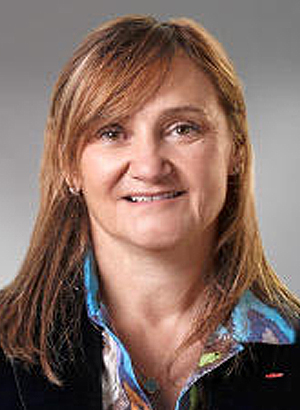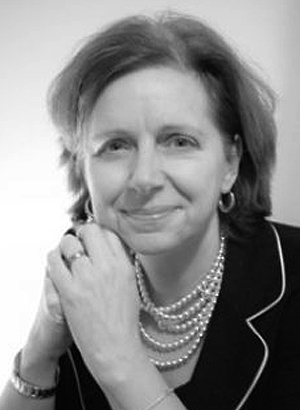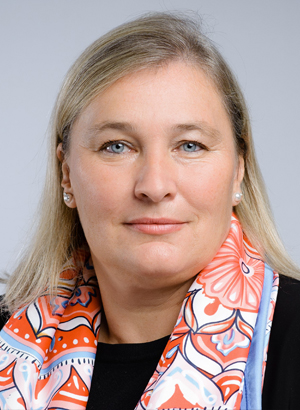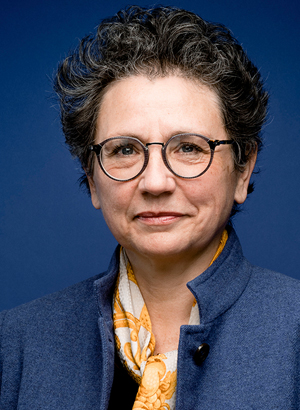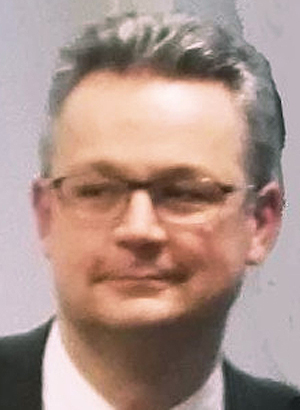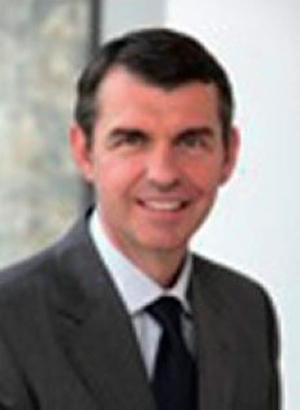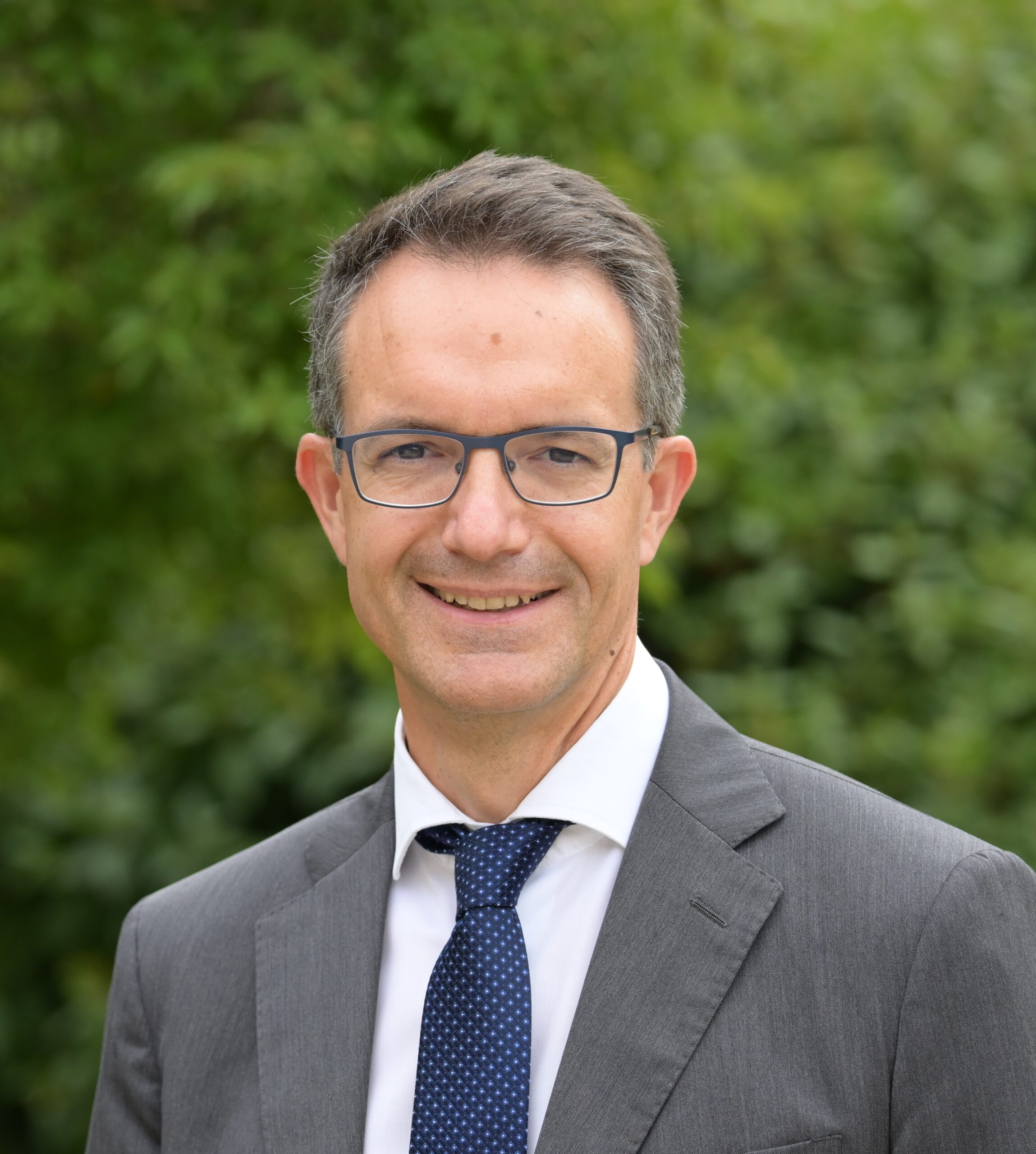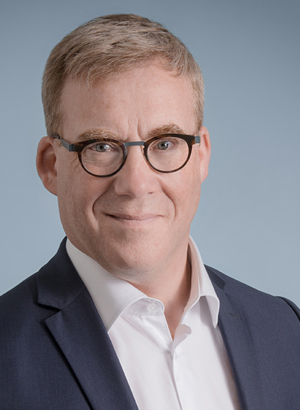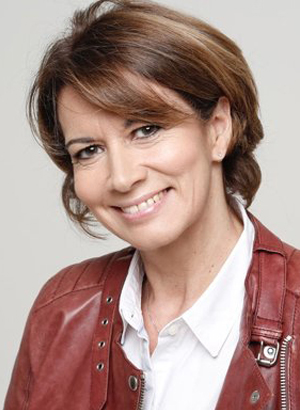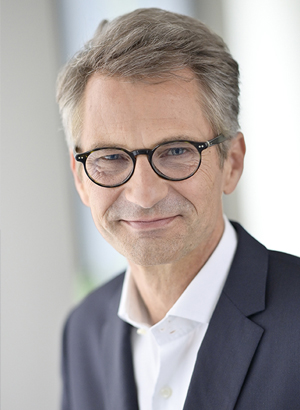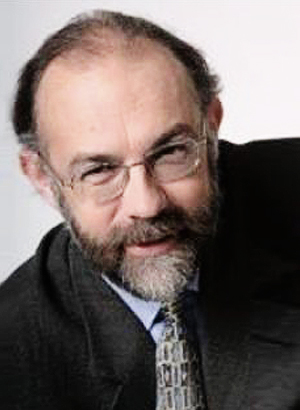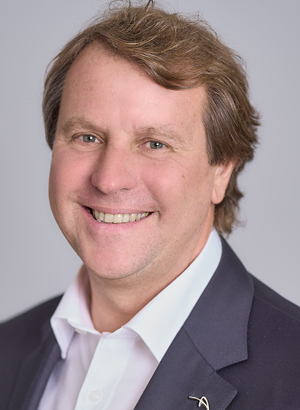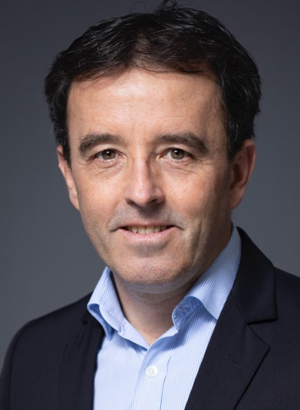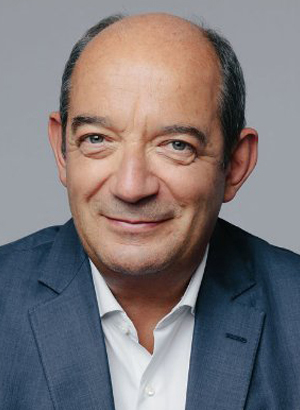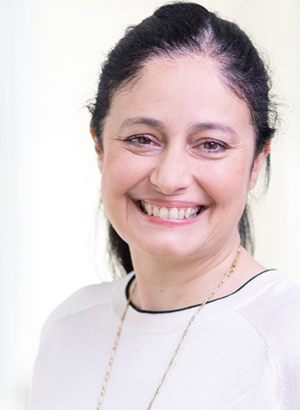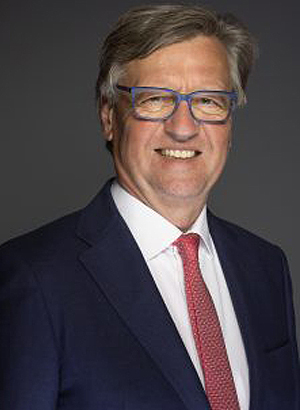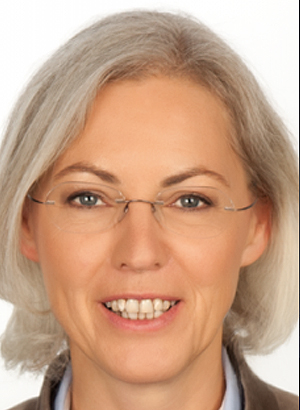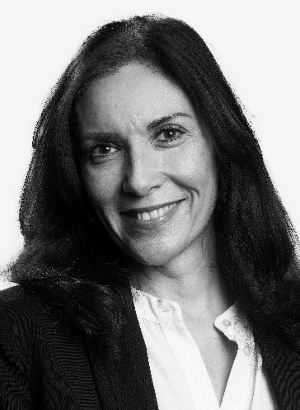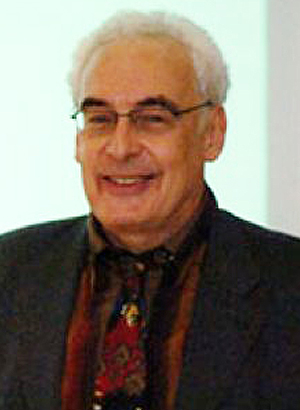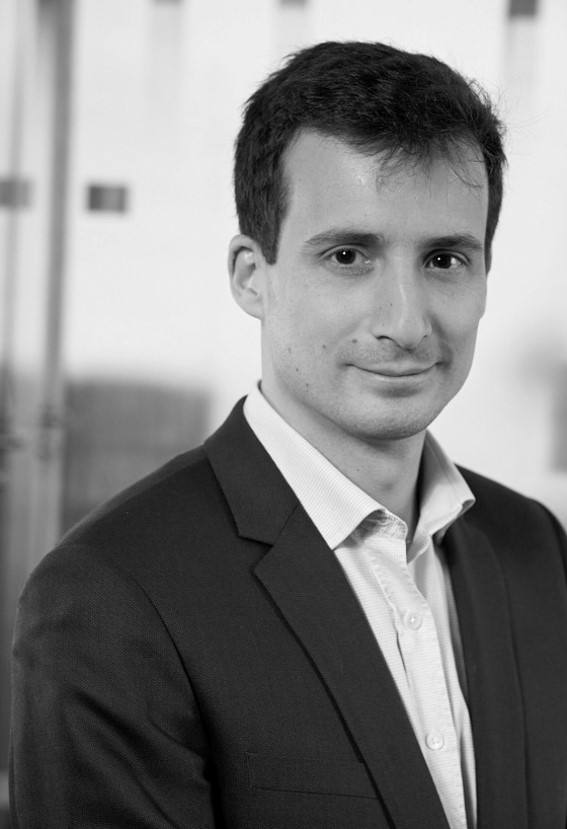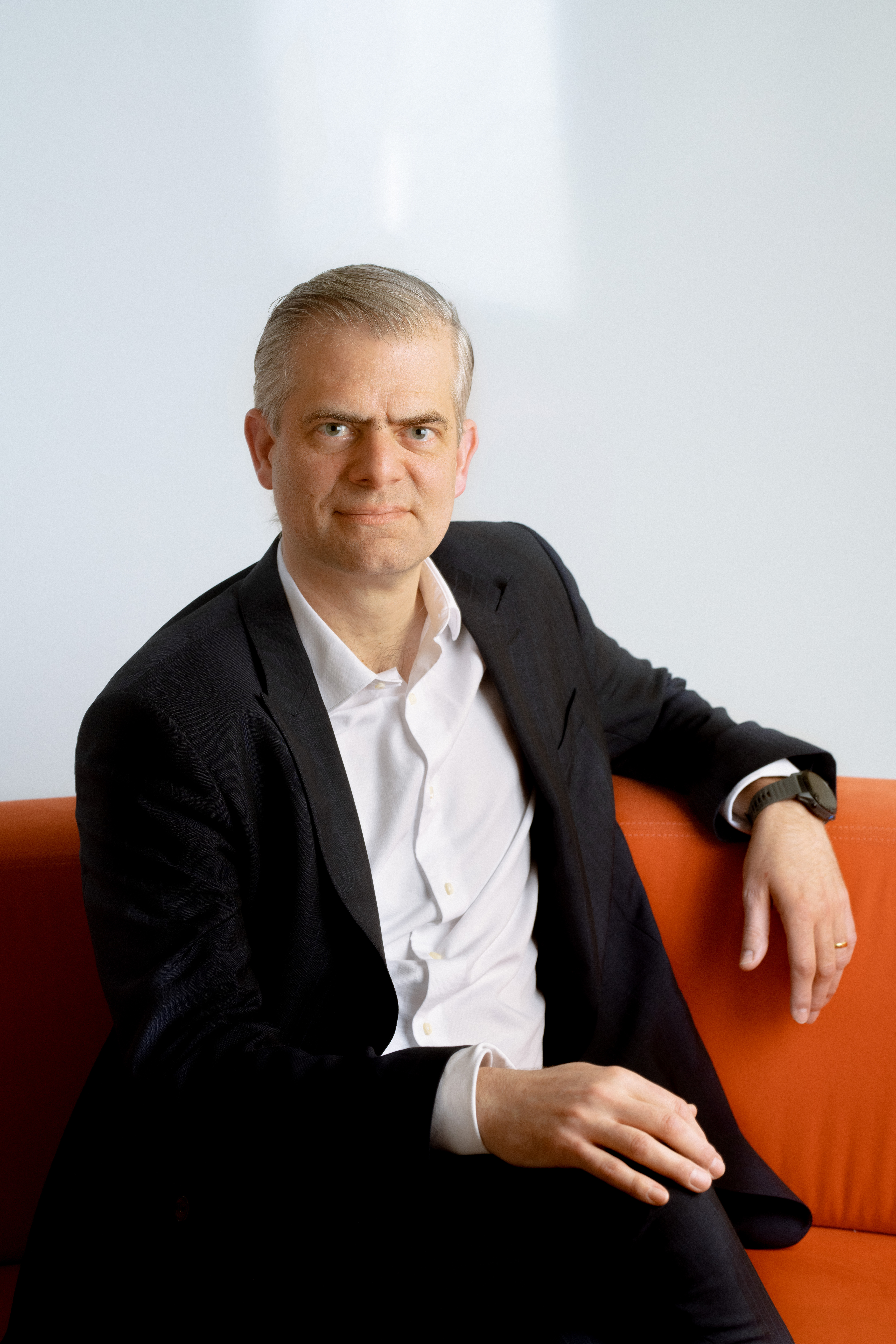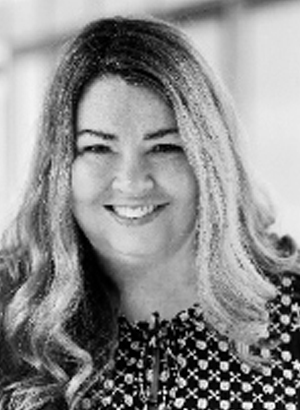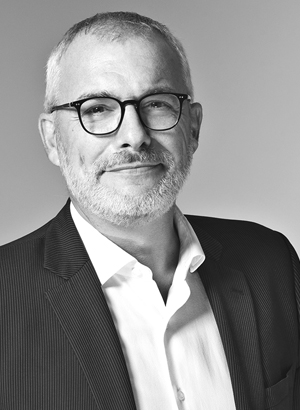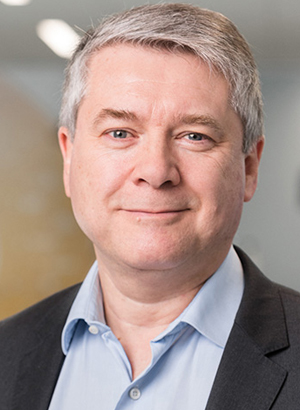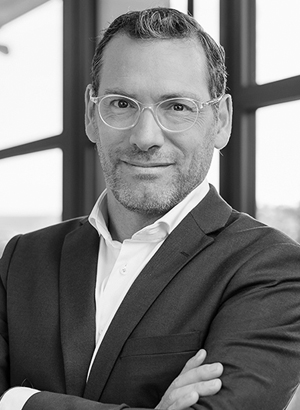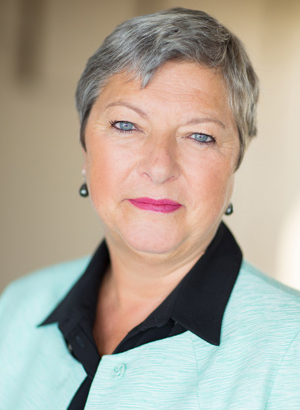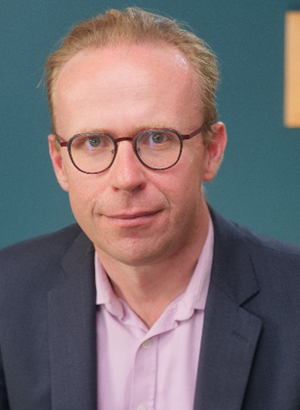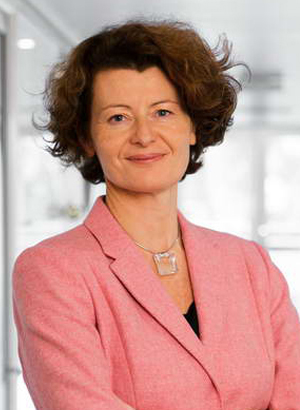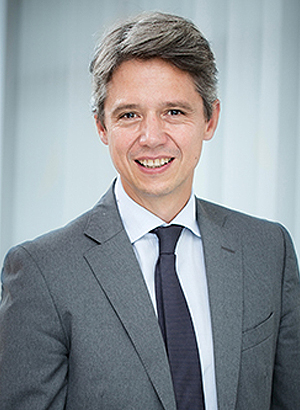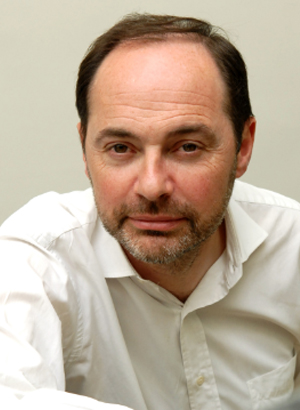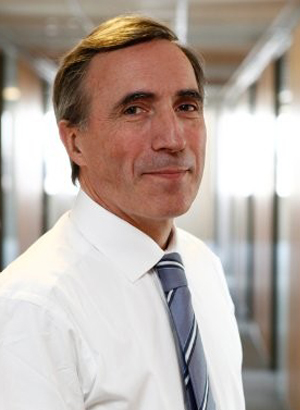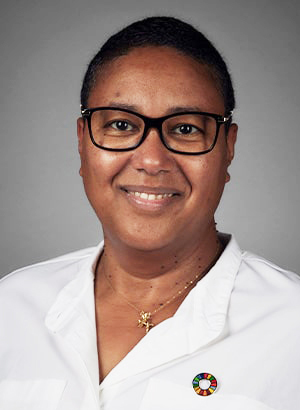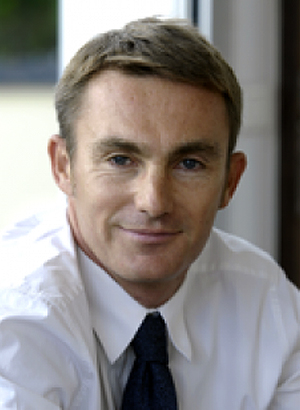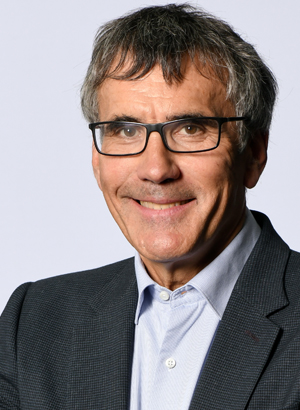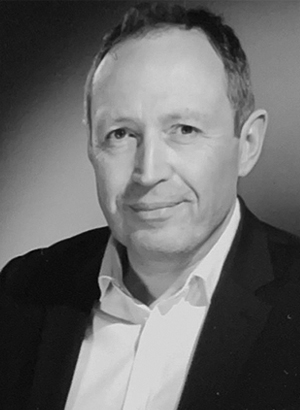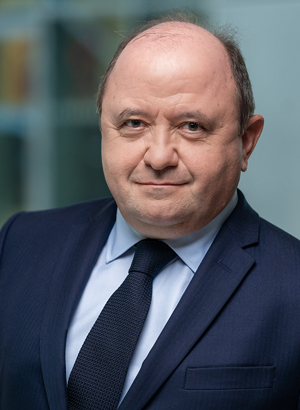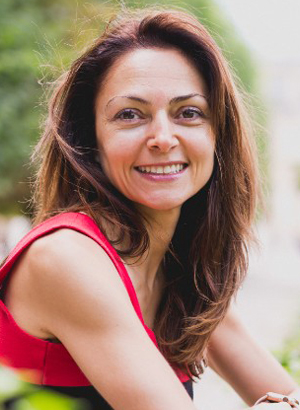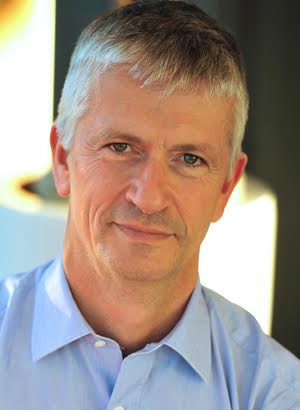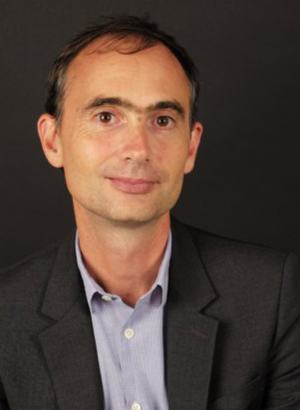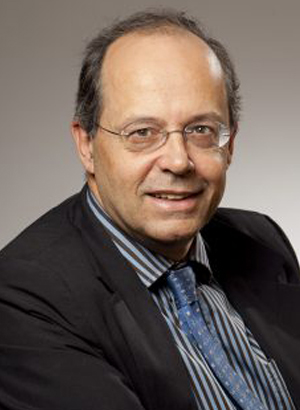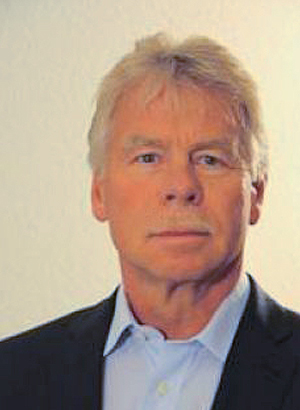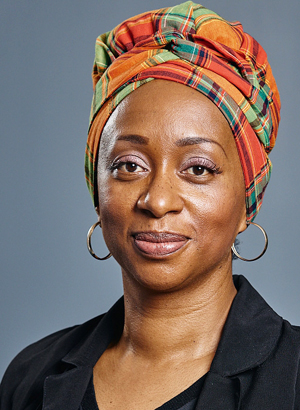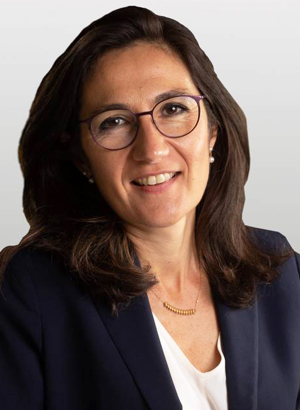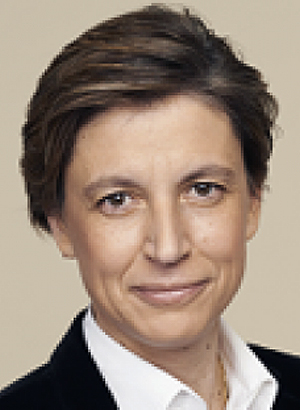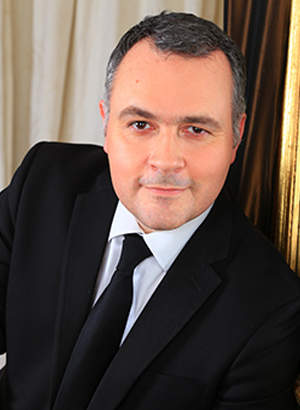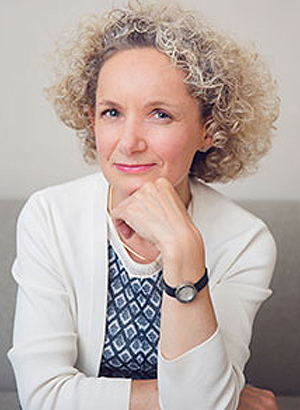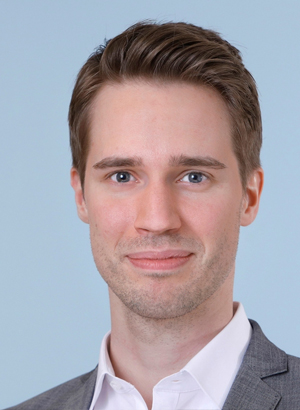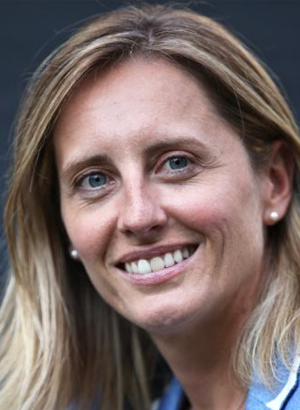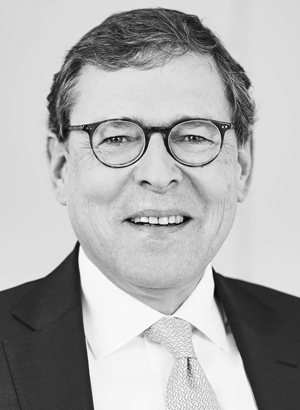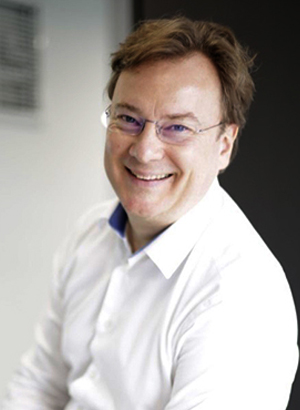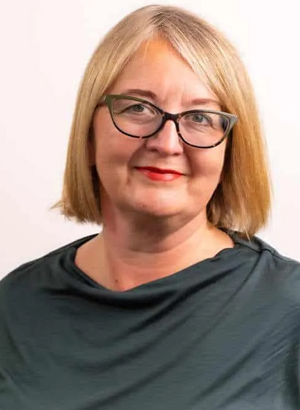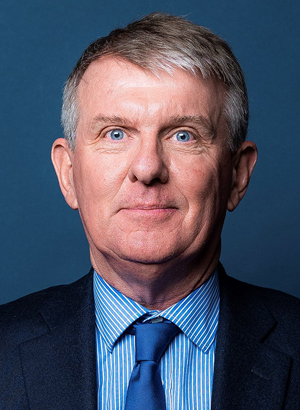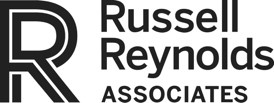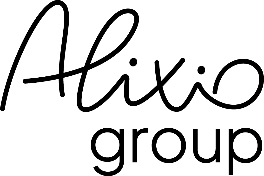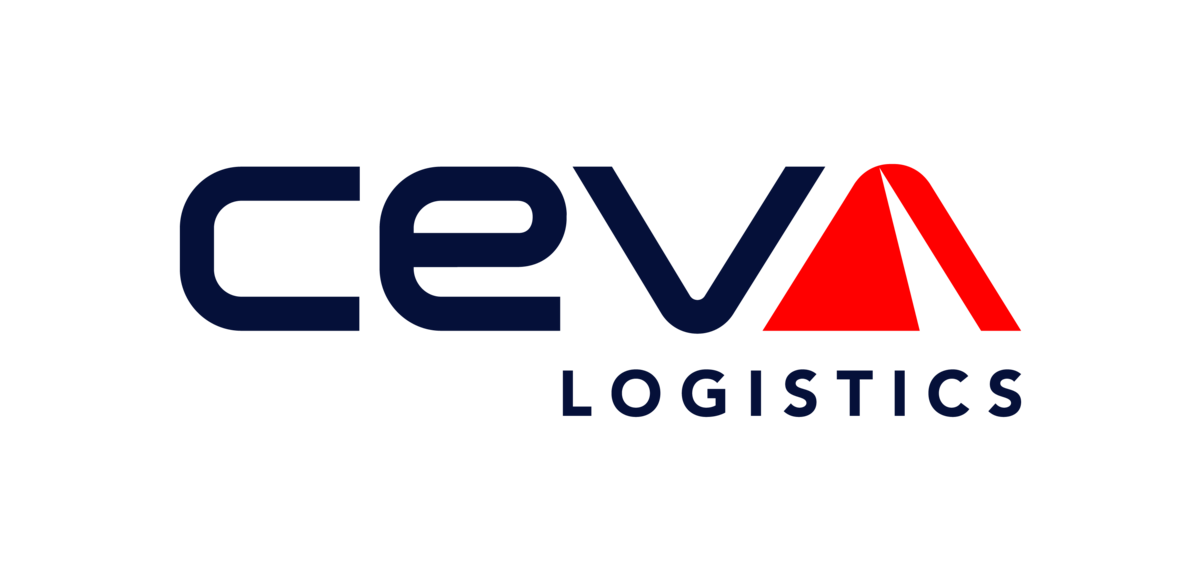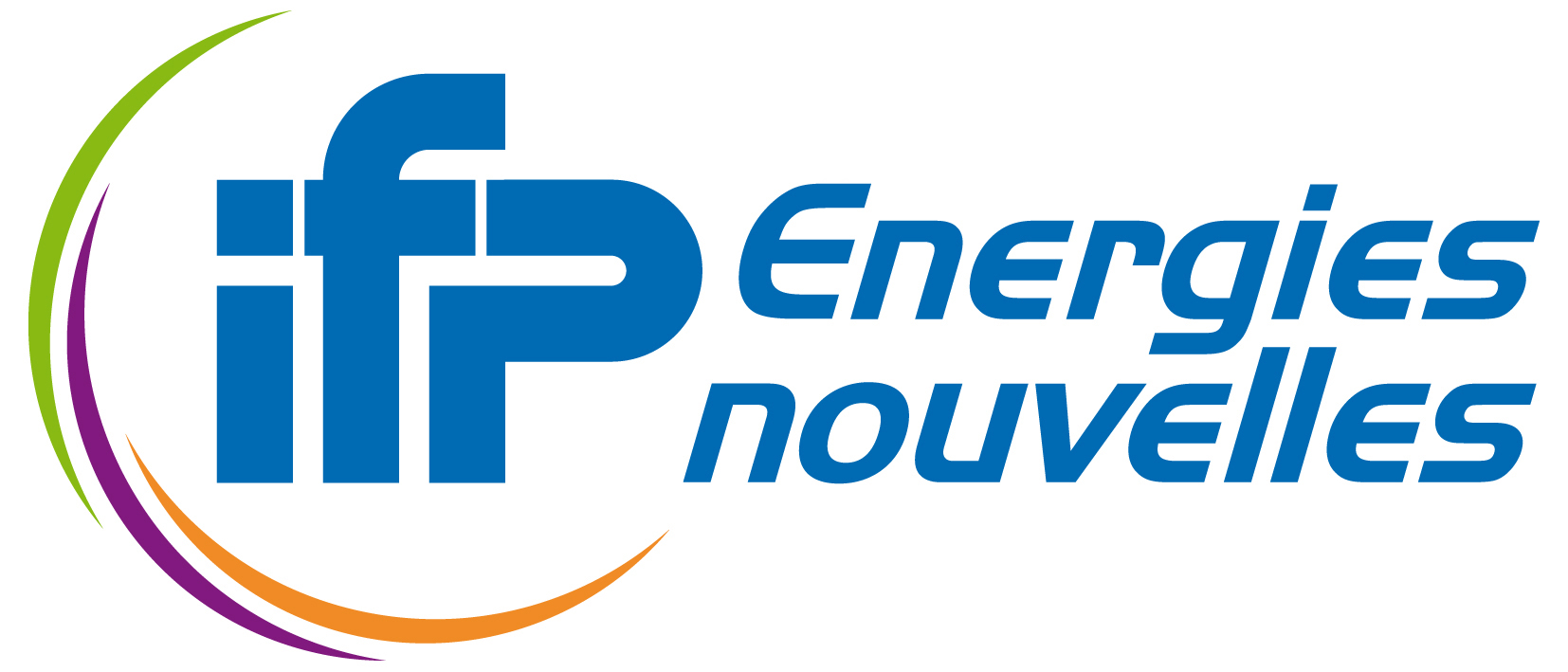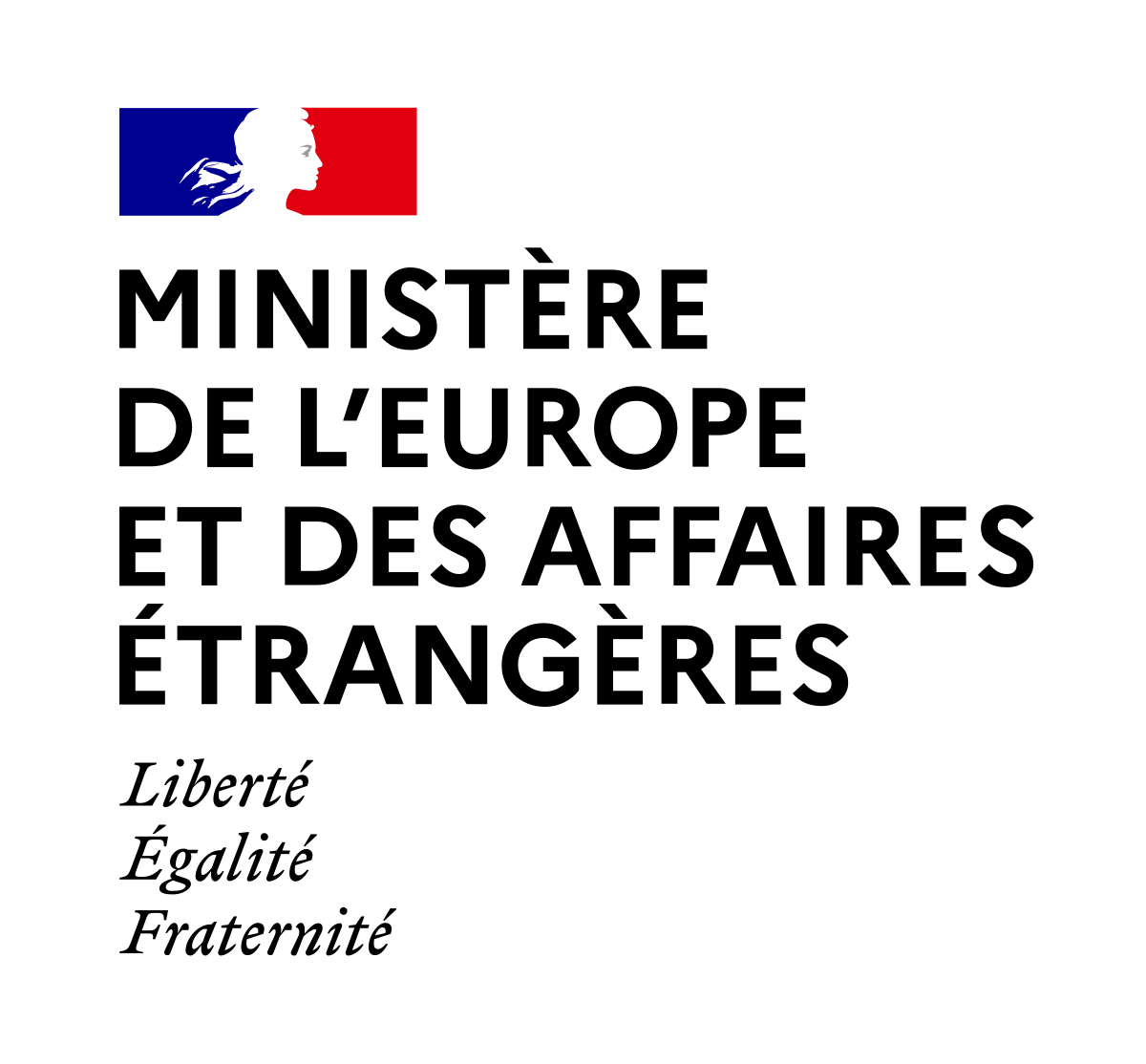Universalizing the world
From the outset, we have defined ourselves as European in order to promote the inclusive force of the European model and systematically seek a European solution to the problems encountered, while of course keeping our eyes open for other models in a world that is becoming more universal.
Five trends are driving the universalization of the world.
1 The economic world is increasingly globalized, with complex value chains and growing interdependence.
2 In terms of information and communication, the world is also increasingly globalized, even if there are barriers in some countries.
3 The issue of discrimination and inequality is being raised everywhere, but often in different terms, as if social issues were resisting globalization.
4 Today, we are all facing the same challenge, a common existential issue: global warming and climate change. A challenge for which, for the first time, we are all in the same boat.
5 Finally, the mixing and intermingling of populations and cultures is increasing every day.
The history of humanity is thus moving inexorably towards the
universal.
But this has led to a backlash, misunderstandings and friction that are now very visible, even at the risk of masking the underlying trend. While many ideas converge, unresolved differences are even more visible and can be shocking. Nationalist movements, whether political or military, but also ideological, are making themselves heard as a rejection of this development, as a long-standing complaint against this groundswell which, it is true, is causing some human damage in the process.
Faced with a variety of cultures – and this is what makes the world so rich – and aspirations that may seem different, should we then give up and declare that all ideas are equal?
Should we then abandon the idea of the universal, of universal human rights, and resign ourselves to cultural relativism? Should we accept that what is scandalous here is acceptable there?
I don't think so. On the contrary, I believe that cultural relativism is a lazy attitude.
I believe that, on the contrary, we need to work to universalize the world, because this is not a given, but an action; to universalize by taking into account the contributions of each person, by drawing on the diversity of cultures around one axis, that of human rights.
And this is very important for us Europeans, who are accused of having imposed our own conception of the universal, our Enlightenment universalism.
We therefore need to broaden corporate responsibility beyond the usual ESG criteria. Companies also have a role to play in promoting democratic principles around the world. It can and must "embrace" societal issues. They can and must embody human rights at a time when governments no longer always have this credibility.
Many citizens and employees in Africa, Latin America and Asia expect European companies to be exemplary in this way, and for this exemplarity to be contagious. Provided we avoid all flippant or even arrogant attitudes, the European company, with reasonable inequalities, respectful management, a sense of humanity, attention to living together and honest social dialogue, can be a driving force for this universalization.
